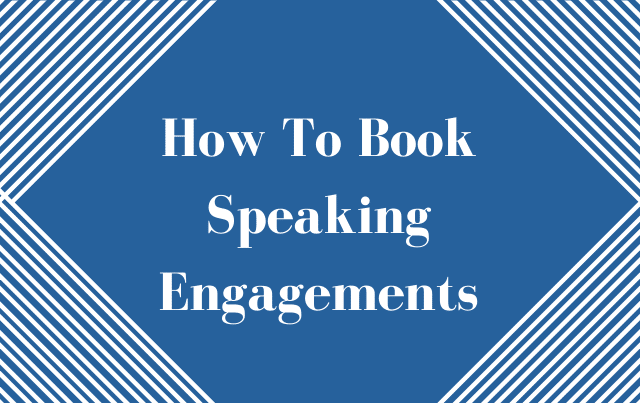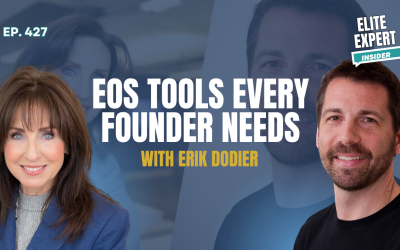One of the main reasons why authors write books/nonfiction books is so that they can book speaking engagements. These public speaking opportunities lead to the expansion of their platforms and the establishment of their leadership in their field.
Before diving into how to book speaking engagements, let’s discuss if speaking engagements are right for you. The answer to this question depends on your goals and your book positioning. Did you write your book to earn money, gain clients, sell books, or build your brand?
Did you write your book to procure speaking opportunities, which can lead to meeting new clients or landing deals?
Also, consider if the thought of public speaking gives you an unusual amount of anxiety. Or if you believe your time is better spent on alternate book marketing opportunities.
After evaluating your goals, if you find yourself leaning towards engaging in speaking opportunities the following 9 tips will assist you in finding the right one:
-
- Identify your ideal audience: Find your niche audience instead of starting broad. Ensure that you present to your ideal audience.
- Identify your ideal speaking gigs: Determine the market you’re aiming for large-scale events, motivational speaking, etc. What events is your target audience attending? Work towards those speaking opportunities.
- Choose your topic: Figure out a speech abstract, a place where your expertise and experience meet a relevant trend in your industry. Give a specific talk and leave the audience with action steps.
- Create your speaker’s press kit: This includes a list of past speaking experiences, testimonials of your impact on your audience, links or blurbs from media you’ve been featured on.
- Create a speaker’s reel: This is a short video that shows your style and stage presence, boosts credibility and should convey who you are and what you can offer.
- Pinpoint who to contact: Address your pitch to a specific person instead of only filling out a form online. Google search “brand name + event + press release” or “event + year + press release” to find a lead or contact and reach out to them via email or LinkedIn.
- Create your pitch: Be concise and specific. Address the actionable takeaways for the audience. Outline your credentials, attach your press kit, and insert the link to your speaker’s reel.
- Create a human connection: Build a relationship with the lead before sending them the pitch. Engage with their social media content instead of just cold-calling them. Show interest and form a connection before asking them to book you.
- Be persistent: Send your pitch, follow up after 2 days, then after a week, and finally a week after. However, don’t spam the contact and know when to stop.
Lastly, determine your speaking fee. You might not get paid for your first speaking engagement. Once you build your portfolio, you will be able to find paid gigs. Do not expect to be paid as much as professional speakers are. They have worked towards charging thousands of dollars and are paid more due to time, experience, and the breadth of their audience.
Remember, speaking engagements are platforms where you can promote ideas, services, and products. However, they are not usually the primary way you are going to make money.





0 Comments